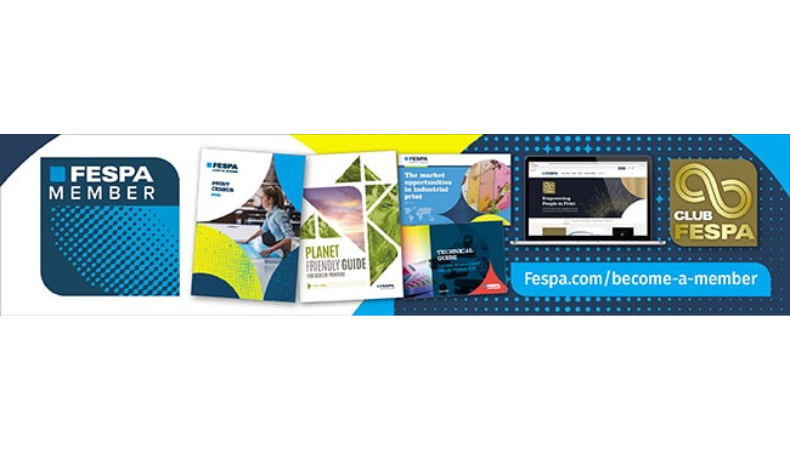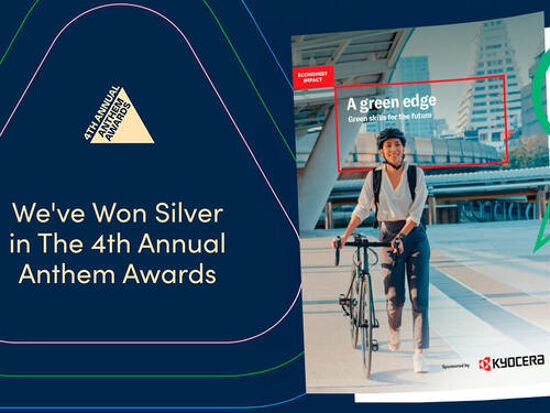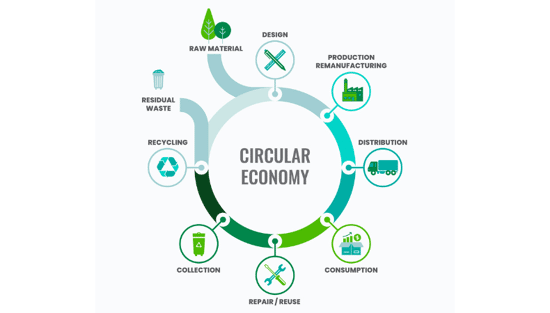How meaningful are goals for reducing environmental impact?
.png?width=750)
Laurel Brunner discusses the importance of resource management and improved process control for businesses who are interested in sustainability initiatives.
Net-zero by 2050. Zero waste to landfill. Zero emissions. They all sound good but none of these has meaning without direct action. At the heart of any sustainability initiative is resource management and improved process control. The good news is that both will improve a business’s profitability as well as helping the planet.
For graphics industry professionals, process control has been at the heart of the industry ever since the desktop publishing revolution. It started in 1984 with the advent of the Apple Macintosh. Combined with the LaserWriter desktop laser printer, Linotype fonts and the PostScript page description language, the Mac was one of the world’s most resonant innovations. The addition to the mix of Aldus’s Pagemaker page layout software established an unprecedented model for digital communications. Aldus and Pagemaker are now lost in the depths of Adobe, but we still follow the basic principles of the application. Selecting fonts, page design and creative layout are part of the day to day both in print and on screen communications.
Delivery of digital content data direct to the page via the PostScript page description language, cut out all manner of wasteful and resource hungry processes. In so doing, digital data delivery forced the entire graphics industry to rethink its modus operandi. In the course of all this upheaval, companies were forced to become leaner and more efficient; less wasteful. In the years that followed the Mac OS and devices evolved, Microsoft Windows played catch up and PDF came into being.
The graphics business lost an awful lot of job functions and businesses in those years, but the chaos created a mass of opportunities for new business models. The disruption made print services far more accessible to a wider range of customers, helping to create all sorts of new applications for print. No one spoke of environmental impact reductions back then, but improved sustainability was the reality nonetheless, both for the environment and the industry.
Today we are looking at achieving specific environmental goals through improved processes and business management. Digital prepress technology provides a solid foundation for optimising the environmental impact of print media production. For successful companies the conversations are now more about how the organisation can improve its environmental efficiency, rather than how production systems can be improved.
So looking at net-zero by 2050, zero waste to landfill and zero emissions requires making a connection between the targets and the actions required to achieve them. It needs a conversation across print media supply chains in order to come up with plan that disrupts lazy thinking and puts environmental sustainability at the heart of the organisation.
Topics
Recent news

Green Printing: how Sustainability drives business success
Nessan Cleary shares sustainable printing benefits businesses and the environment. Auditing suppliers and using eco-friendly materials are crucial. Optimising production with energy-efficient equipment and minimising waste reduces costs. Proper waste disposal and premises efficiency further lower the carbon footprint. Staff training and customer recycling solutions complete the sustainable approach.

Sustainability and keeping the faith
Laurel Brunner discusses how the printing industry has drastically reduced its environmental impact through technological advances, despite lingering perceptions of paper waste. While consumer habits pose a challenge, the industry continues to pursue greener practices.

Kyocera wins Anthem Award for Sustainability, Environment and Climate
Laurel Brunner shares how Kyocera, a Japanese manufacturer of digital printing system was awarded a silver award for its green skills report on "A Green Edge: Green Skills for the Future".

How to design for a circular economy in a linear world
Laurel Brunner explains the challenges for businesses to prioritise circular economy when economies have evolved to be linear. Laurel shares examples of different businesses who are designing products that can suppor the circular economy. These include The Ellen MacArthur Foundation, DS Smith and Vilsund Blue A/S.